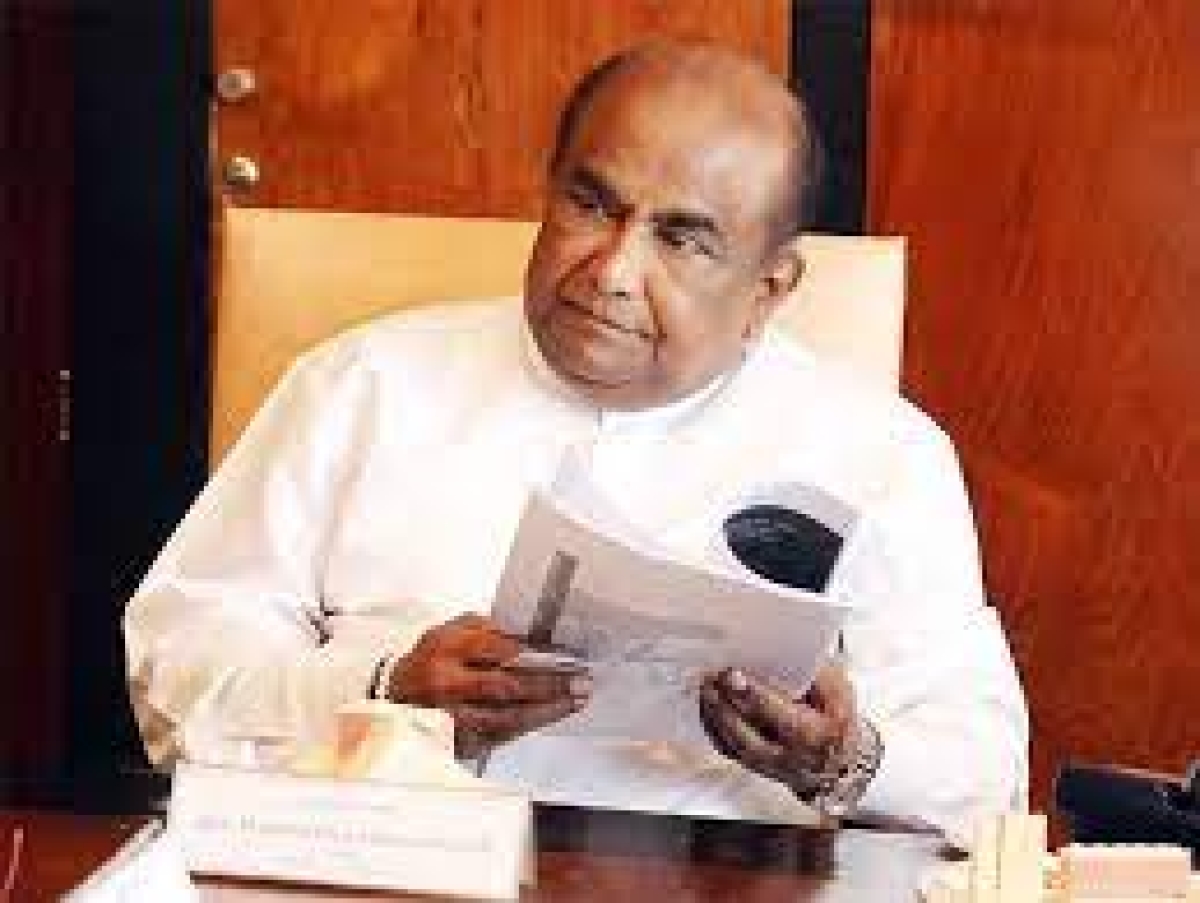Speaker Mahinda Yapa Abeywardana disclosed that the Committee on Ethics and Privileges of Parliament, when issuing a charge-sheet against a Member of Parliament containing multiple charges for separate offenses, sought the opinion of the Attorney General regarding the maximum punishment allowable under Section 28 of the Parliament (Powers and Privileges) Act No. 21 of 1953, which has been amended over time.
The Attorney General has now provided clarification on this matter, asserting that if a Member of Parliament is found guilty of more than one charge outlined in the charge-sheet, the punishment can be imposed as per the provisions of Sections 5 and 16(1) of the Code of Criminal Procedure Act No. 15 of 1979. This is subject to consideration of Article 66 (e) of the Constitution, in conjunction with Articles 66 (e) and 67 of the Constitution, Sections 22 (3), 27 (1), and 32 of the Parliament (Powers and Privileges) Act No. 21 of 1953 (as amended), as well as Standing Orders 77 (1), 77 (2), and 77 (3) of the Parliament.
Accordingly, the Attorney General's opinion elucidated that if a Member of Parliament is convicted of two or more separate offenses outlined in the charge-sheet related to a single incident, the service of that parliamentarian can be suspended for a period exceeding one month under Section 28 of the Parliament (Powers and Privileges) Act. The suspension duration, however, is capped at a maximum of three months under Article 66 (e) of the Constitution.










